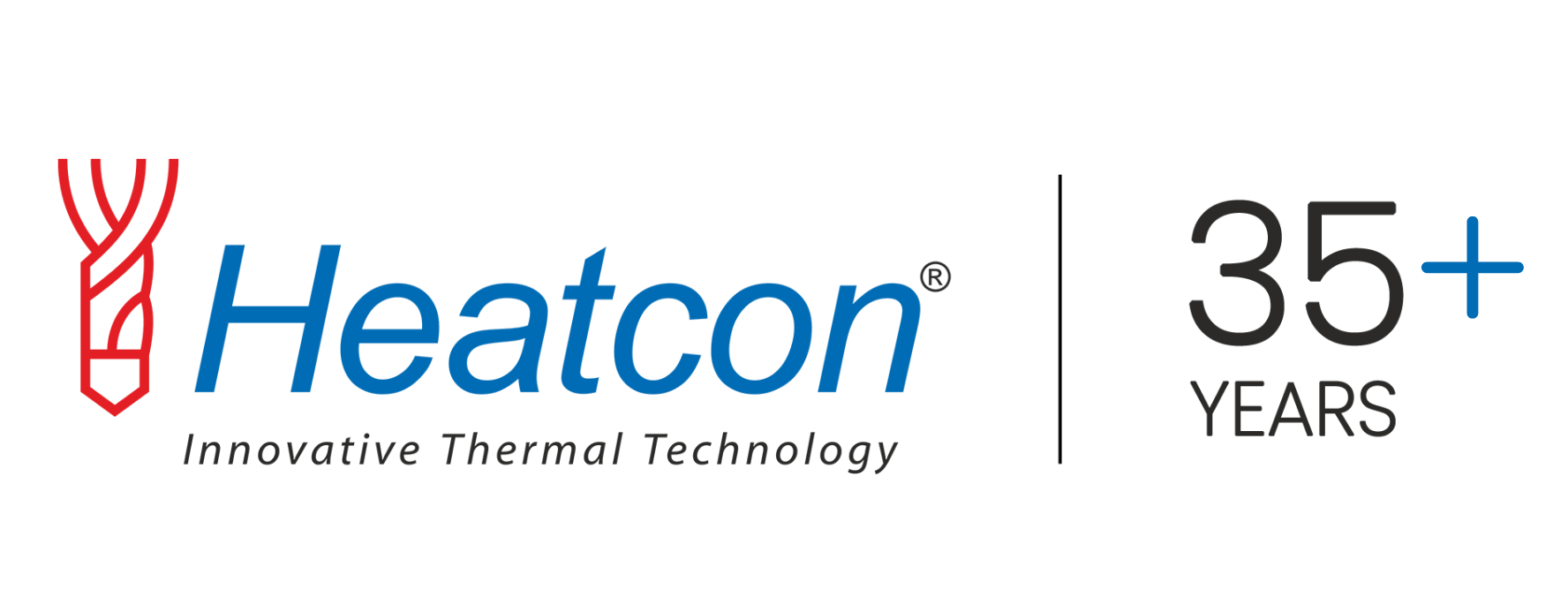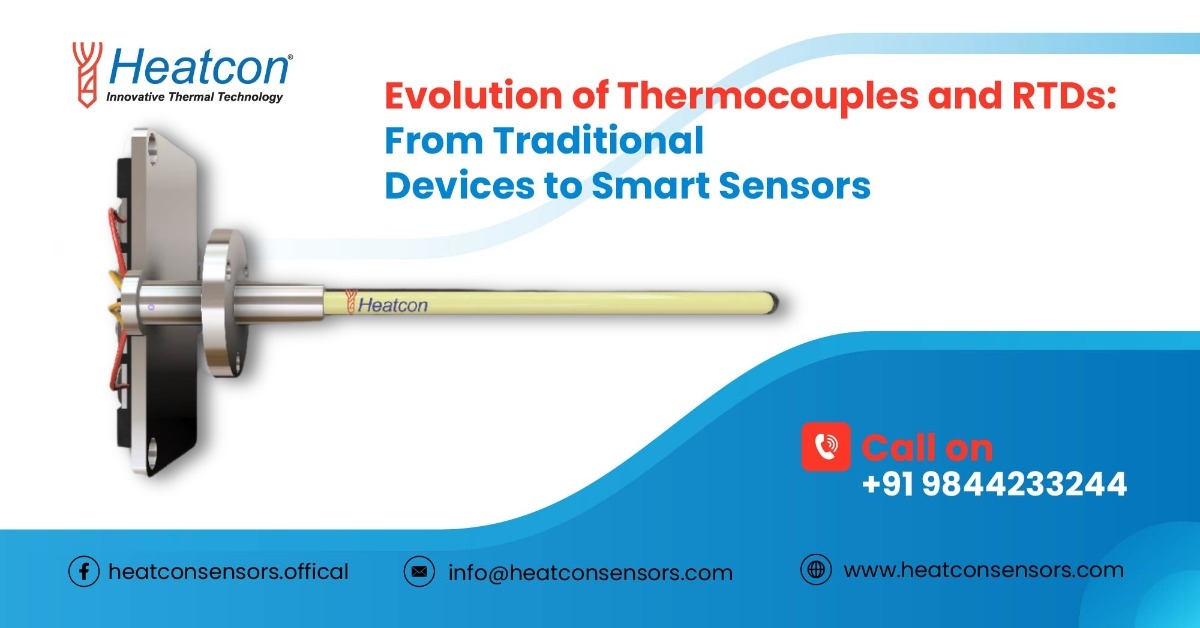In the context of temperature measurements, thermocouples & RTDs or resistance-temperature-detectors have really been stalwarts for decades. Both of these technologies have played quite significant roles in a myriad of industries, from manufacturing to even the aerospace industry, by providing useful data for process control, safety, as well as research. But with the advent of the IoT or the Internet-of-Things along with the advancements in sensor technologies, traditional sensors including thermocouples & RTDs have been evolving constantly into smart sensors, which offer enhanced capabilities and better connectivity.
Evolution of Thermocouples and RTDs
Thermocouples tend to consist of 2 dissimilar metal wires which are welded together to generate a voltage that is proportional to the temperature difference between the hot junction and the cold junction. These sensors are rugged and inexpensive, and they can help in the measurements of a vast range of temperatures. RTDs, in contrast, tend to work on the principle of electrical resistance change with temperature in some metals like platinum for example. They tend to provide higher accuracy & better stability in comparison to thermocouples, but they happen to be a costly affair sometimes. Despite the differences between the two, both thermocouples & RTDs have been undergoing remarkable evolution, which is predominantly driven by the demand for higher accuracy, greater reliability, and better connectivity. Traditional sensors tend to require manual readings and wired connections to data acquisition systems, which limits their flexibility & scalability.
Emergence of Smart Sensors
The emergence of smart sensors has, in a way, revolutionized the temperature-sensing domain quite a lot. Such evolved sensors can now integrate microcontrollers, wireless communications, as well as advanced signal processing algorithms, which all enable autonomous operations, remote monitoring, along with real-time data analysis as an icing on the cake.
Advantages of Smart Sensors
Smart thermocouples & RTDs offer numerous advantages over their conventional counterparts, as follows:
Self-Diagnostics
Self-diagnostics in smart sensors tend to enable continuous monitoring of sensors’ health & performance, which alerts the users to any anomalies or any calibration drift.
Energy Efficiency
Smart sensors tend to incorporate some very useful power management features, which help in optimizing energy consumption for extended battery life for energy harvesting applications.
Wireless Connectivity
Smart sensors are able to communicate wirelessly using certain protocols like Wi-Fi, Bluetooth, etc., thus eliminating the need for cumbersome wiring. This enables seamless integration with IoT platforms.
Data Logging & Analysis
Smart sensors are able to store temperature data locally. They can even transmit this data to cloud-based servers for analysis. One can use advanced analytics algorithms for identifying trends, anomalies, and predictive maintenance insights. This helps in the optimization of processes and reduces downtime.
Remote Configuration & Control
Users are able to configure sensor parameters & thresholds remotely. This facilitates dynamic adjustments along with preventive actions without the need for any physical intervention.
Integration with the IoT Ecosystem
Smart sensors are able to integrate with IoT platforms & industrial automation systems seamlessly. This enables interoperability along with data exchange across diverse applications/devices.
Enhanced Accuracy & Better Stability
Advanced signal processing techniques & calibration algorithms help in the enhancement of accuracy, stability, & long-term reliability of these smart sensors. This helps in meeting the stringent needs of modern industrial processes & scientific research.
Conclusively, the evolution of thermocouples and RTDs from traditional devices to smart sensors tends to signify a paradigm shift in temperature-measuring technologies. These sensors now offer unprecedented levels of connectivity, intelligence, as well as functionality. This has been empowering industries to optimize their processes, enhance process safety, and drive innovation in the IoT era of Industry 4.0. Welcome to Heatcon Sensors; here you can get the required sensors, best fit for your specific industrial application.


